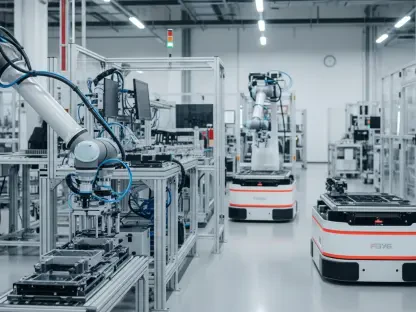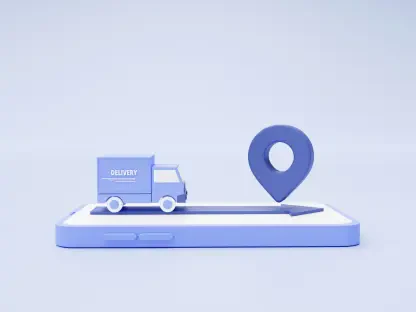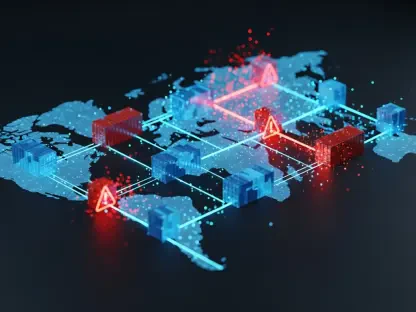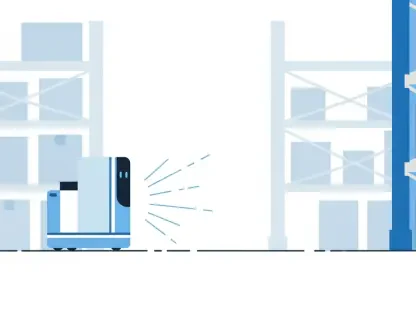Imagine if tomorrow’s label technology could halve waste overnight and significantly reduce carbon footprints. The often-overlooked industry of labeling plays a crucial role in waste generation, as traditional labels contribute significantly to industrial waste, warranting a closer inspection.
A Global Push Toward Sustainable Practices
As businesses grapple with mounting public pressure and regulatory requirements to lower carbon emissions, sustainable labeling has emerged as a priority. At the forefront are high-profile sectors like logistics and pharmaceuticals where packaging waste poses notable environmental challenges. Industries worldwide are increasingly dedicating resources to develop greener methodologies that align with global ecological objectives. This trend marks a significant shift toward embracing innovative solutions in minimizing resource utilization and consequently reducing industrial waste.
NEXUS20’s Game-Changing Technological Advancements
The advent of Cobalt’s NEXUS20 encapsulates a transformative leap in eco-friendly labeling. Incorporating linerless technology, the NEXUS20 series cuts material use by up to 50%—a formidable improvement that doubles labeling efficiency compared to conventional techniques. By eliminating the need for label backings, businesses gain more labels per roll, which diminishes roll changes and optimizes production line uptime. Moreover, sectors like food and beverage have demonstrated tangible outcomes, with companies utilizing the NEXUS20 system to reach their eco-friendly goals effectively, showcasing its real-world applicability.
Insights from Industry Leaders
Cobalt Systems’ Managing Director, Tony Hunt, shares insights into the rigorous research and field testing that upheld the NEXUS20’s reliability, underpinning the company’s continued commitment to innovation. This breakthrough technology is backed by anecdotal endorsements from industry experts who highlight the system’s significant environmental advantages. The endorsement of leading figures further emphasizes its pivotal role in evolving sustainable labeling practices, providing assurance to companies contemplating its integration.
Integrating NEXUS20 into Existing Infrastructures
For businesses considering the transition to the NEXUS20, several practical steps can facilitate effective integration. A strategic plan involving compatibility assessment, staff training, and infrastructure adaptation would ensure smooth incorporation of the technology. Moreover, ongoing evaluation frameworks could gauge its environmental and operational benefits, aligning broader business strategies with the pursuit of sustainability. By embracing this cutting-edge system, companies can align themselves with emerging eco-friendly standards without hindering productivity.
The journey toward sustainable labeling has made significant strides with innovations like the NEXUS20. Reflecting back, it has enabled industries to not only improve their production efficiency but also meet environmental aspirations. As technology advances, businesses are provided with robust solutions to tackle ecological concerns, ensuring healthier practices for future generations. Those who embraced these advancements saw improved operational efficiencies while contributing positively to environmental conservation.









